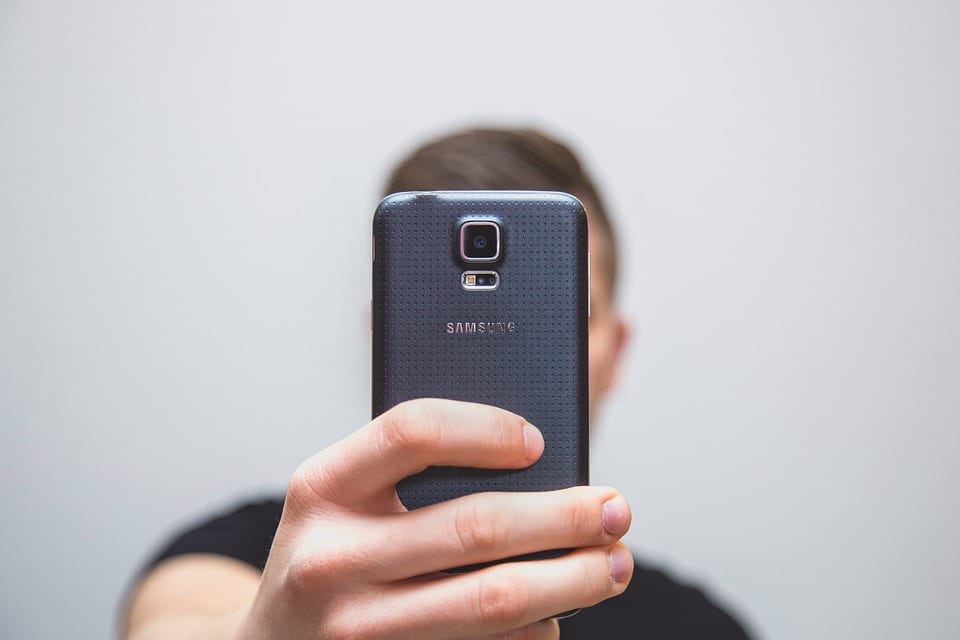Social media has risen so quickly and permeated society so completely that science is struggling to catch up, at least in terms of how it may or may not be affecting people socially, psychologically, and interpersonally. Fortunately, most early findings have eased our minds about the selfie-posting addiction many people have, saying that there’s no reason to suspect that those who love taking their own picture are narcissists.

Photo Credit: Pixabay
But hold your horses! Recent studies are showing that people who regularly check into social media accounts like Instagram, Facebook, Twitter, and Snapchat in order to post selfies actually do tend to exhibit an increase in narcissistic traits within a four-month period – an increase of 25%, which is significant.
Phil Reed, a psychology professor at Swansea University in the UK where the research was conducted, had this to say:
“There have been suggestions of links between narcissism and the use of visual postings on social media, such as Facebook, but, until this study, it was not known if narcissists use this form of social media more, or whether using such platforms is associated with the subsequent growth in narcissism. The results of this study suggest that both occur, but show that posting selfies can increase narcissism.”
The team of researchers monitored social media use and changes to personality using the Narcissism Personality Inventory and Problematic Internet Use Questionnaire while evaluating 74 people between the ages of 18 and 34. The sample group averaged 3 hours of social media use per day (outside of any required by work) with only 1 participant abstaining altogether. Some participants even reported using it up to 8 hours a day.

Photo Credit: Pixabay
People who posted frequent selfies exhibited a 25% rise in narcissistic traits like grandiose exhibitionism, feelings of entitlement, and the exploitation of others. Several participants wound up being classified as clinical narcissists by the end of study.
Even though the study size was small, Reed believes it’s potentially representative of the selfie-posting population as a whole.
“Taking our sample as representative of the population, which there is no reason to doubt, this means that about 20% of people may be at risk of developing such narcissistic traits associated with their excessive visual social media use.”
The 4 month time lag between the subjects “problematic internet use” and their increase in narcissistic behavior is significant because it suggests the first triggers the second (though the study design did not allow for determining causation, only correlation). Also of note: people who tended to use social media in a verbal rather than visual manner did not see the same increase in narcissism.

Photo Credit: Pixabay
If you’re curious, Facebook is still the most popular social media platform, preferred by 60% of the study participants. Instagram was next, at 25%, followed by Twitter and Snapchat at 13%. More than 2/3 of the group reported that social media was their primary mode of uploading and sharing images.
No one expects that to change, worrisome studies or not, but education and awareness are never bad – especially with technology that remains new enough to blow past our understanding of its effects on humanity and the future.






